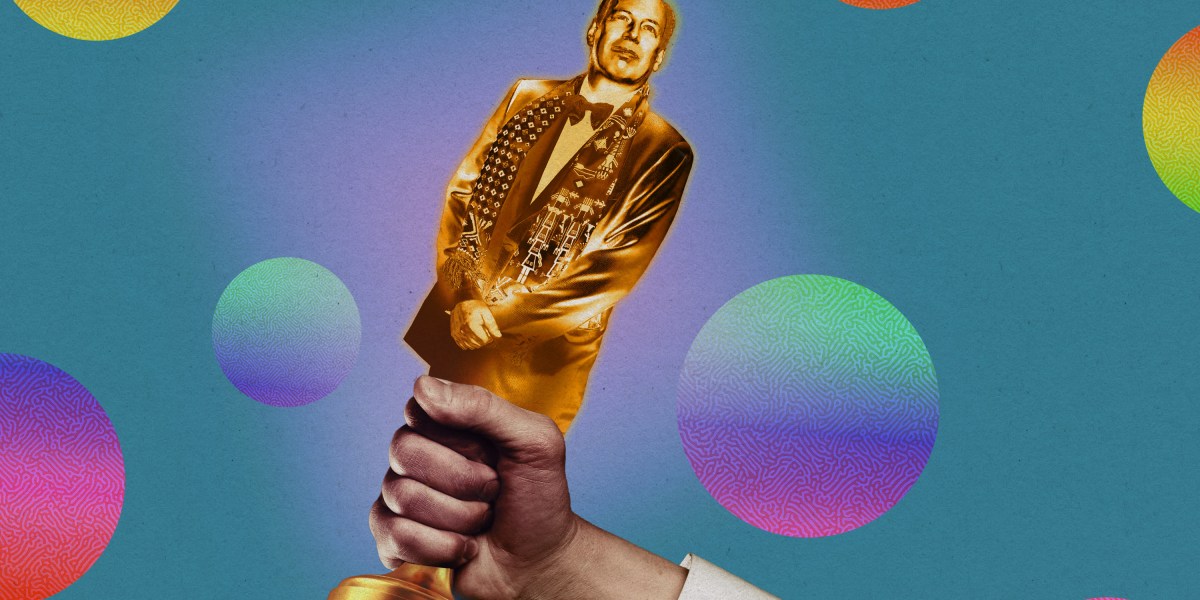
But a longer piece in the style of Hans Zimmer is significantly more complex to generate than a simple piano melody with one instrument, he adds. AI systems are limited by what is in their training data, whereas human Zimmer has his imagination and the whole surrounding world to draw inspiration from.
Crucially, Edwards said, AI systems lack a fundamentally crucial skill for creating good art: taste. They still don’t understand what humans deem good or bad. For that reason, he believes that rather than fearing AI, creatives should use it. “Everyone’s very aware it’s coming. It’s a tool,” Edwards said. “The people that are going to be okay are the people who don’t deny this breakthrough is happening, and embrace it and learn it, and try to use it as a tool.”
Edwards drew parallels between today’s AI boom and the invention of the photo editing software Photoshop.
When Photoshop came out, he said, the public discussion was about how the software “was sacrilegious.”
“We got over that eventually. Now Photoshop has created so many opportunities for so many people doing art … I wouldn’t want to go back,” he said.
Artificial intelligence will seismically shift the industry in the same way the invention of the camera or the digital visual effects in Jurassic Park did, Edwards said: “It’s just another one of those, I hope.”
